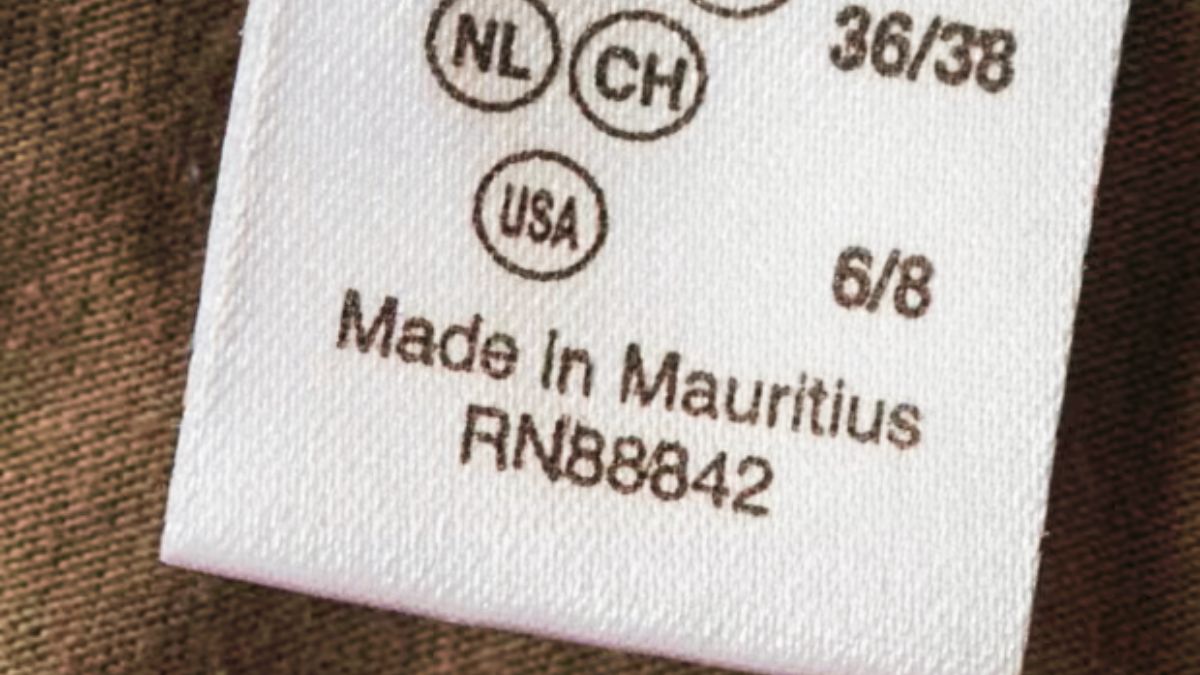Business
TEXTILE SCANDAL: Fashion Firms to Pay Mauritius workers Rs23 million

Fashion companies, including Calvin Klein, Hilfiger, and Barbour, have agreed to compensate garment workers in Mauritius following allegations of illegal hiring fees, deception, and intimidation.
The investigation, conducted by US-based organization Transparentem, revealed that migrant workers were forced to pay exorbitant fees for their jobs.
The report also exposed unsanitary living conditions, such as the lack of clean drinking water and infestations of cockroaches and bedbugs, in Mauritian factories.
Brands like Boden, Asos, and the Foschini Group, which owns Whistles and Hobbs, receive supplies from these factories.
After conducting their own audits, fashion brands, including PVH and Barbour, have promised to reimburse workers at one of the implicated factories with up to £400,000 in illegal recruitment fees.
Transparentem’s president praised these brands for actively listening to the migrant workers and reiterated the importance of reform in the industry.
PVH and Barbour stated their commitment to reimbursing workers, while Barbour also announced plans to work with other brands at the factory to resolve the situation promptly.
REAL Garments, the factory in question, acknowledged the severity of the investigation’s findings and claimed to have taken immediate action to remedy the situation for its workers.
The Foschini Group assured that appropriate action had been taken following a thorough investigation. Asos and Boden did not provide a comment on the matter.
Responding to the allegations, the Mauritius Export Association (MEXA) acknowledged weaknesses in the current employment system for migrant workers in Mauritius.
While independent audits have not confirmed all the issues raised by Transparentem, the MEXA believes it is crucial to address these problems.
The MEXA, in collaboration with the IOM, has developed a Code of Conduct for the recruitment and employment of migrant workers in the export sector, with some members already committed to adopting it.
The association recognizes the need for improvement in the current system and is working on developing a more transparent framework for employment and recruitment in collaboration with the Ministry of Labour.
In the Mauritian export sector, 43% of workers are foreigners, a significant increase in the past decade. The textile industry is the main activity, accounting for about a quarter of exports. Exportation is crucial for the Mauritian economy, with $1.9 billion USD (Rs 85.9 billion) exported in 2021.
Source: The Guardian & Defi Media











